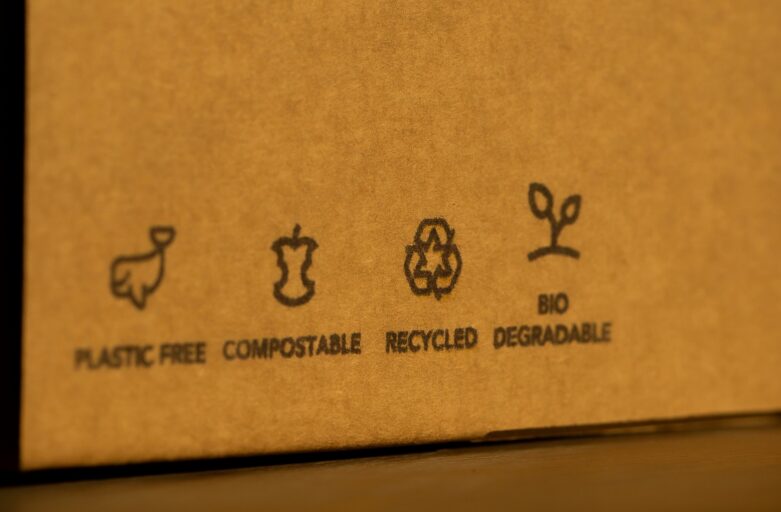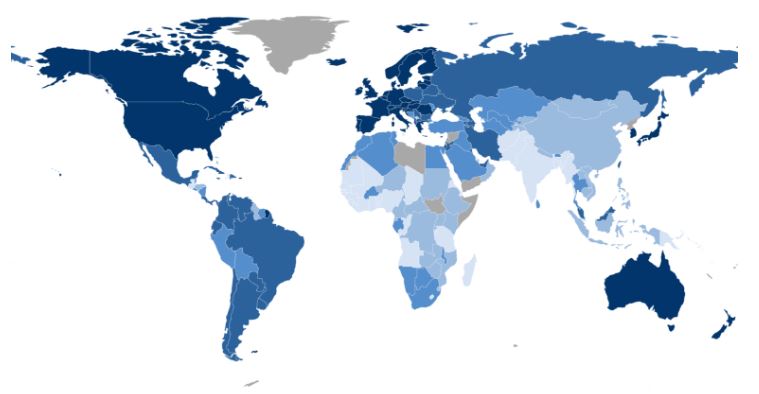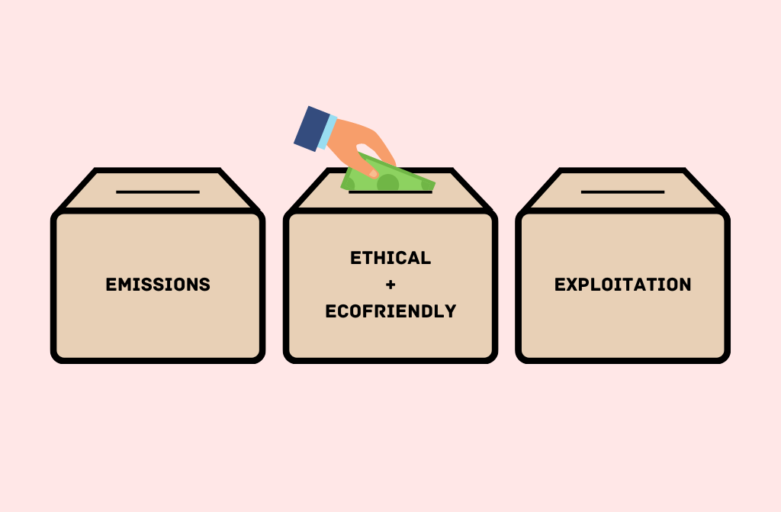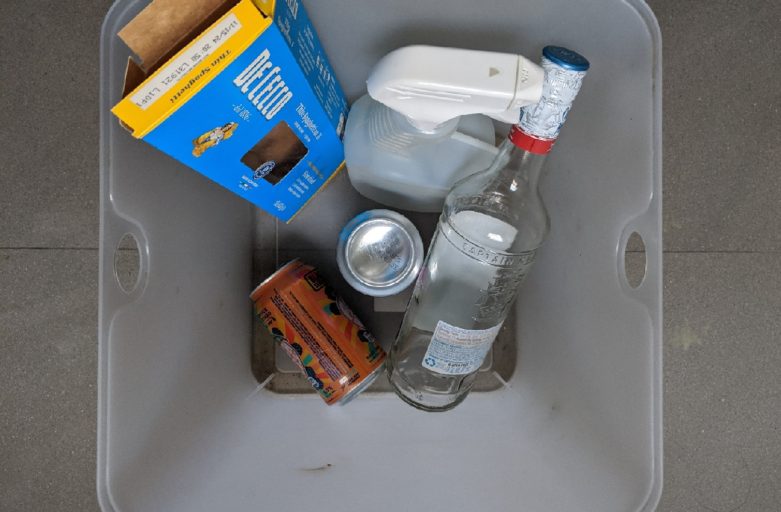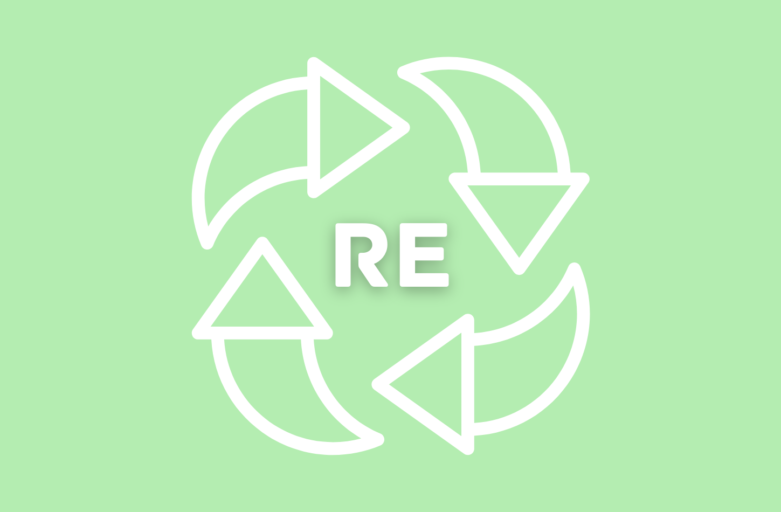As a consumer, I think it’s a great step for you to know the differences regarding compostable vs biodegradable. The real eco benefits of each are only achieved with proper disposal, but at the very least they provide alternatives to petroleum-based plastics. They demonstrate more conscious production materials, even though the end-of-life phase is still flawed. Only flawed because most people don’t know how composting works or why proper disposal of compostable and biodegradables is important.
Category: Learning About Sustainability
When I started this blog, I had only fundamental knowledge and awareness regarding environmental activism. I knew there was still much for me to learn. For me, learning about sustainability is super exciting. Asking questions like “why is that the way it is?” and “how can we do that better?” And so, I want to fully immerse myself into sustainability, really deep dive into the research and study the environmental issues that interest me, find answers to my questions. Through creating this content for you, I want to develop my own expertise in the sustainability space in order to be a better guide in educating others.
This category archive will be where I will share with you what I’ve learned, in a fun and compelling way. Things like: what are the latest technologies in sustainability, how specifically are communities being impacted, what do we need from legislation and regulations, what are real life examples of sustainable action around the world. While you read and browse through these posts, hopefully something sparks your interests and makes you curious to learn more. Then beyond that, maybe you bring these learnings into everyday life discussions. Let’s all educate and learn from each other. Continued learning about sustainability, means continued progress towards a healthier environment.
Not an Equal Opportunity Crisis: Who’s Most Affected by Climate Change
Hence, a big determining factor: does climate change affect me personally or not? The fact of the matter is that the people who are most affected by climate change generally a) have little power to combat its affects and b) are contributing to the problem the least. Seems unfair to me.
How to Vote for Sustainability with Your Wallet
Money talks; money is power. The purchasing power we hold as consumers gives us a unique kind of autonomy that can’t be stifled or overruled by the ruling political party or the flaws of a political system. When we purchase a good or service, we are inherently endorsing that product and its company. We signal to the company that their products, and by extension, their practices and policies, are deemed acceptable.
Capitalism with a Twist: Patagonia Founder a Diamond in the Rough
Last week the founder of Patagonia, Yvon Chouinard transferred all ownership of the company to two new entities. I wanted to talk about this news because what Chouinard has done here proves that capitalism doesn’t have to put profit before planet.
Recycling: The Inferior Sustainable Practice
I may be wrong, but I feel like ‘recycling’ used to be the face of sustainability. It was a simple concept to get behind and it made people feel good. Rather than reducing and reusing, which require a little more effort and thoughtfulness, recycling is like a guilt-free version of throwing something away i.e. to landfill. You can just toss something into a bin and it goes someplace more sustainable than a landfill. Or does it?
The New R’s of Sustainability
I’ve remembered the catchy phrase of “Reduce, Reuse, Recycle.” But that was the old view; the sustainability space has since progressed. Environmental activists have added more words to paint a fuller picture of the spectrum of sustainable actions. These are the new R’s of Sustainability: rethink, refuse, reduce, reuse, repurpose, and recycle.

